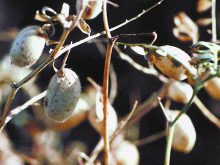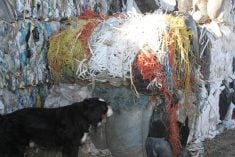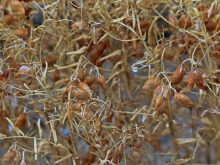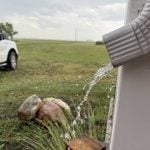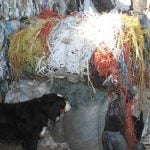A united front of environmentalists is crossing the Prairies to persuade people and governments to toughen up water quality rules.
They say farmers won’t be solely blamed for present water quality woes, such as those afflicting Lake Winnipeg.
“We want to talk with agricultural communities, farm communities, and hear from them what they expect, and I believe there will be synergies,” said Alberta-based Lindsay Telfer of the Sierra Club of Canada.
Glen Koroluk of the Manitoba Eco-Network said his province needs to get tougher on water pollution than it has been so far.
Read Also
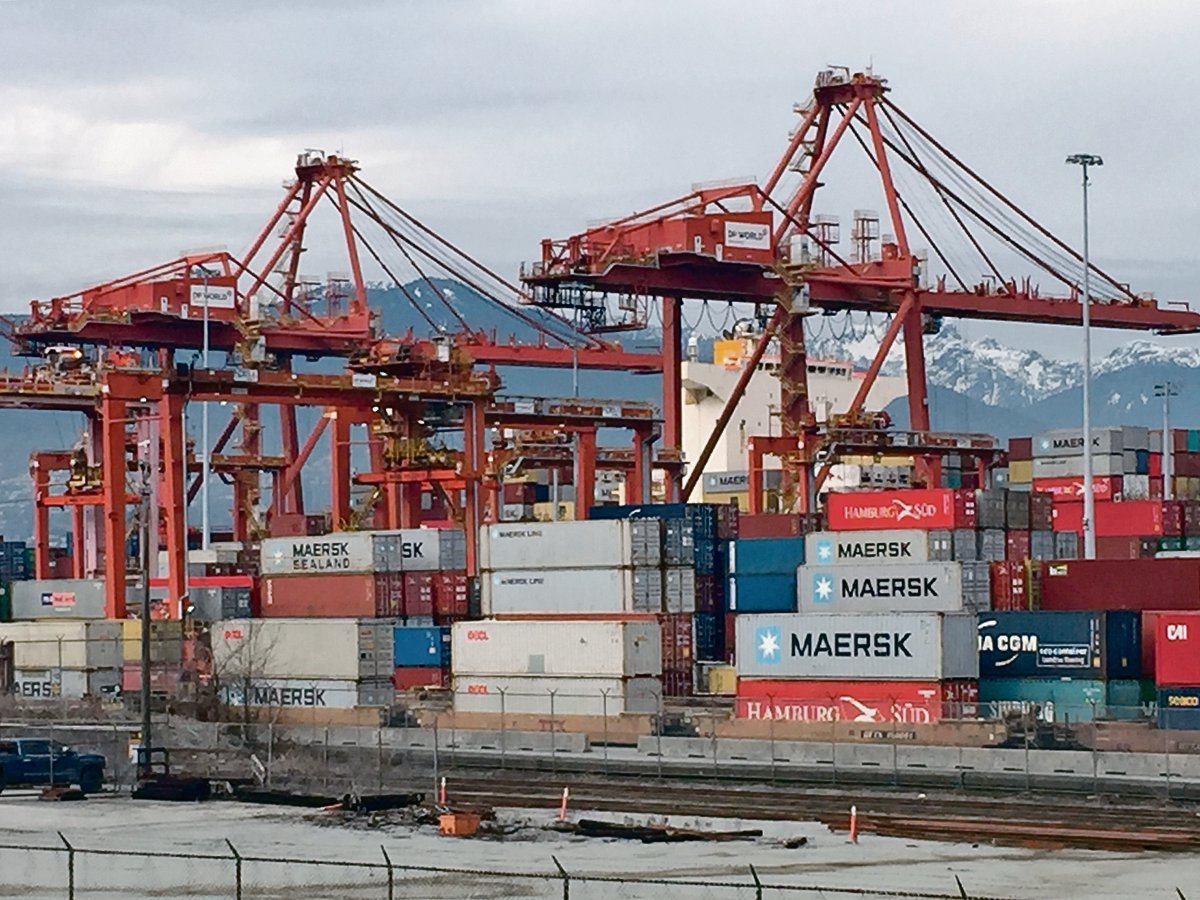
Message to provincial agriculture ministers: focus on international trade
International trade stakeholders said securing markets in the face of increasing protectionism should be the key priority for Canada’s agriculture ministers.
“Our province has to set the high level, the bar, across the Prairies,” Koroluk said at a news conference.
“They’re the ones who should take the lead initiative in setting rules and regulations and programs to protect our water resource, in particular Lake Winnipeg, and I’m hopeful the other provinces will follow.”
The Prairie Water Coalition is holding meetings across the Prairies, concluding Oct. 11 in Prince Albert, Sask., through which it will gather comments about water pollution issues.
It will attempt to put together a report by the end of October detailing what it heard, and then move on to another round, in which it will lobby governments and decision makers to improve water quality standards.
“It’s a collective call for action on sustainable water management across the Prairies,” Koroluk said.
Added Telfer: “From the Rocky Mountains to Lake Winnipeg our prairie provinces are interconnected through water and river systems. That’s what brings us together and that’s what connects us to each other.”




